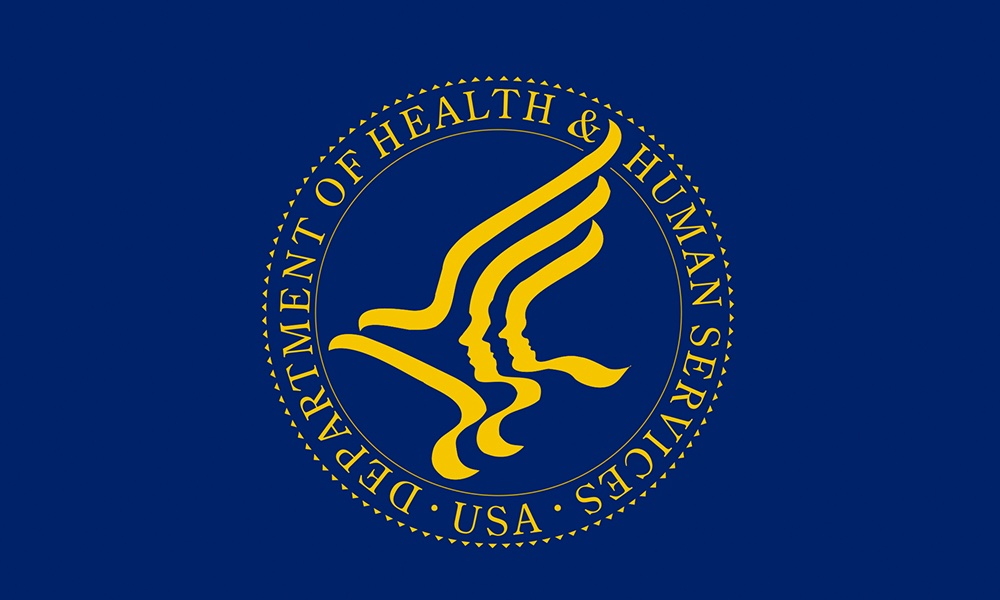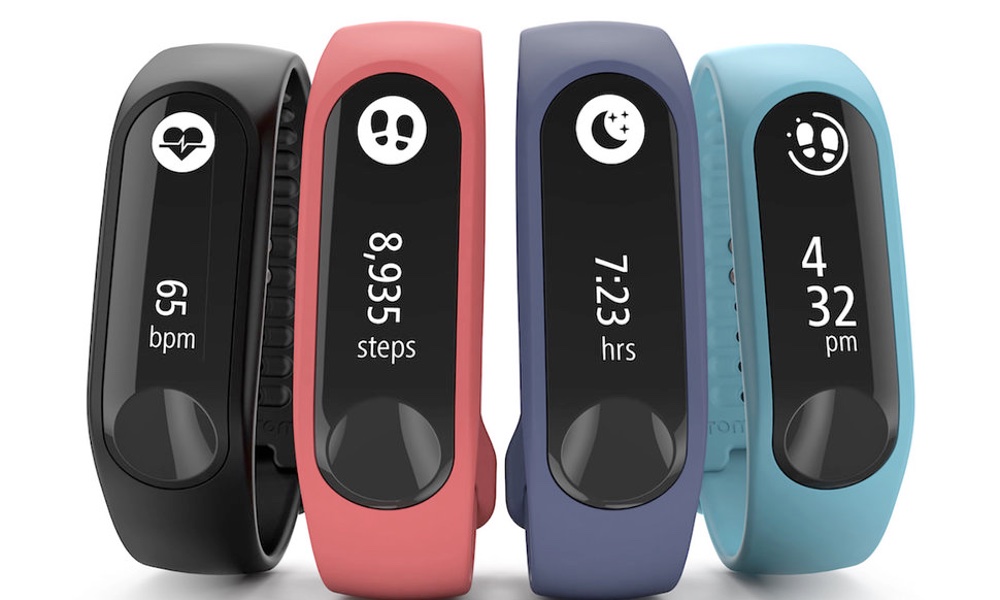Smart phones and the ability to stream television shows have made it easy to hole up by yourself for a whole evening, or even a weekend. But that lack of social interaction may take its toll over time — not just on mental health, but on physical health as well.
The better social skills people have, the healthier they are, a new study finds. Being able to engage with and get along with others reduces stress and combats loneliness.
“We started realizing about 15 years ago that loneliness is actually a pretty serious risk for health problems. It's as serious of a risk as smoking, obesity or eating a high-fat diet with lack of exercise,” study author, Chris Segrin, said in a statement.We tend to check our devices rather than check in with a person.
People who scored lower on social skills measures also tended to report more stress, more loneliness, and poorer mental and physical health. Previous studies have also found that loneliness is linked to poorer health, but this is the first to zero in on the specific problems with social skills that affect health.
And one danger is that some people may not even realize that their social skills are lacking. “They're walking around with this health risk factor and they're not even aware of it,” said Segrin.
Humans are social creatures, and being isolated from others creates stress, both mental and physical.
“We've known for a long time that [poor] social skills are associated with mental health problems like depression and anxiety,” Segrin said. “But we've not known definitively that social skills were also predictive of poorer physical health. Two variables — loneliness and stress — appear to be the glue that bind poor social skills to health. People with poor social skills have high levels of stress and loneliness in their lives.”
“The use of technology — texting, in particular — is probably one of the biggest impediments for developing social skills in young people today,“ said Segrin. Texting tends to reduce conversation to sound bites, rather than sustaining the ebb and flow of actual conversation. “It makes young people more timid when they're face-to-face with others, and they're not sure what to say, what to do. There's no social interaction, and I fear that's really hurting young people,” said Segrin.
Social media's psychological downside has become clearer, but it is not without benefits, too. Since texting and online socializing are not going to go away, so paying attention to how you use Facebook and other sites is a helpful way to start figuring out where and how you can improve your human-to-human connectivity.
Reaching out to other humans is really the key. Whether you have good social skills or not (or are not sure how they compare), try getting out, even if it feels uncomfortable at first — join a community or hobby group, or volunteer at a charity.
The same is true for parents who want to help their children develop social skills. Find a camp, sports program or any type of group activity that appeals to your child and offers a chance to navigate social situations.
The study is published in the journal Health Communication.





